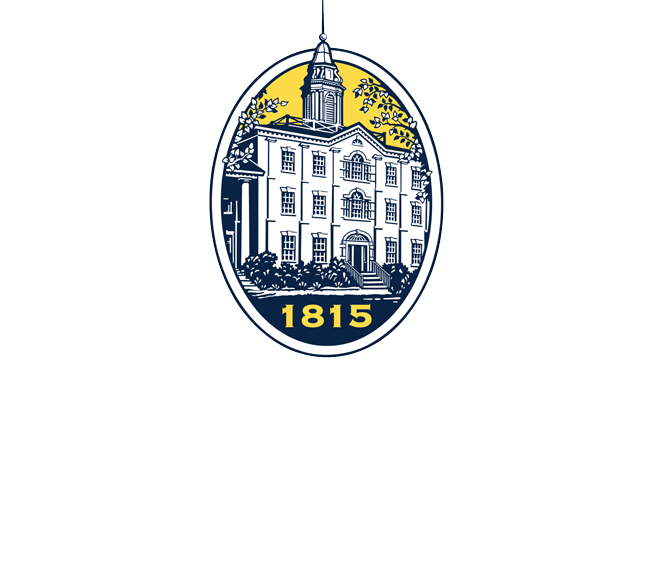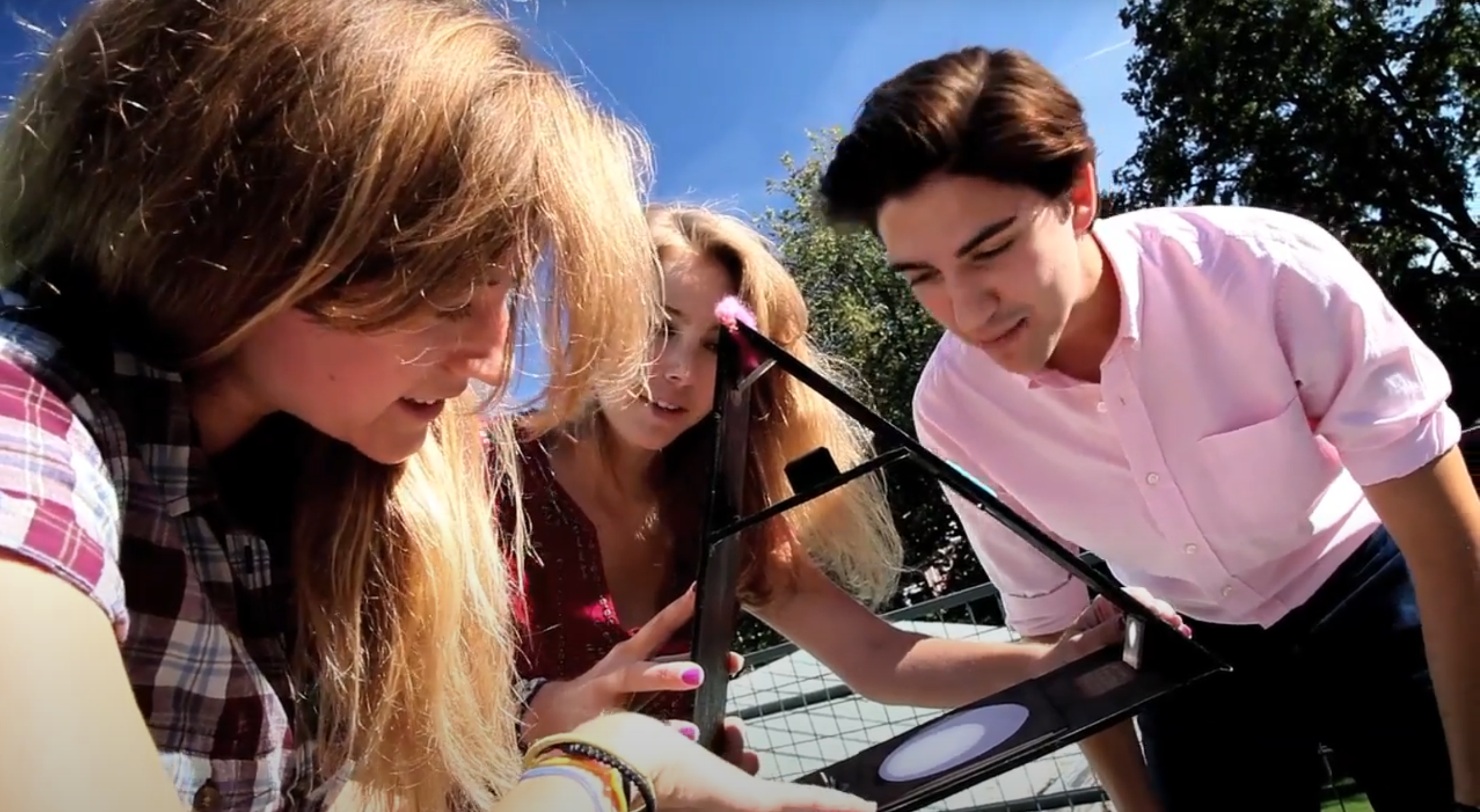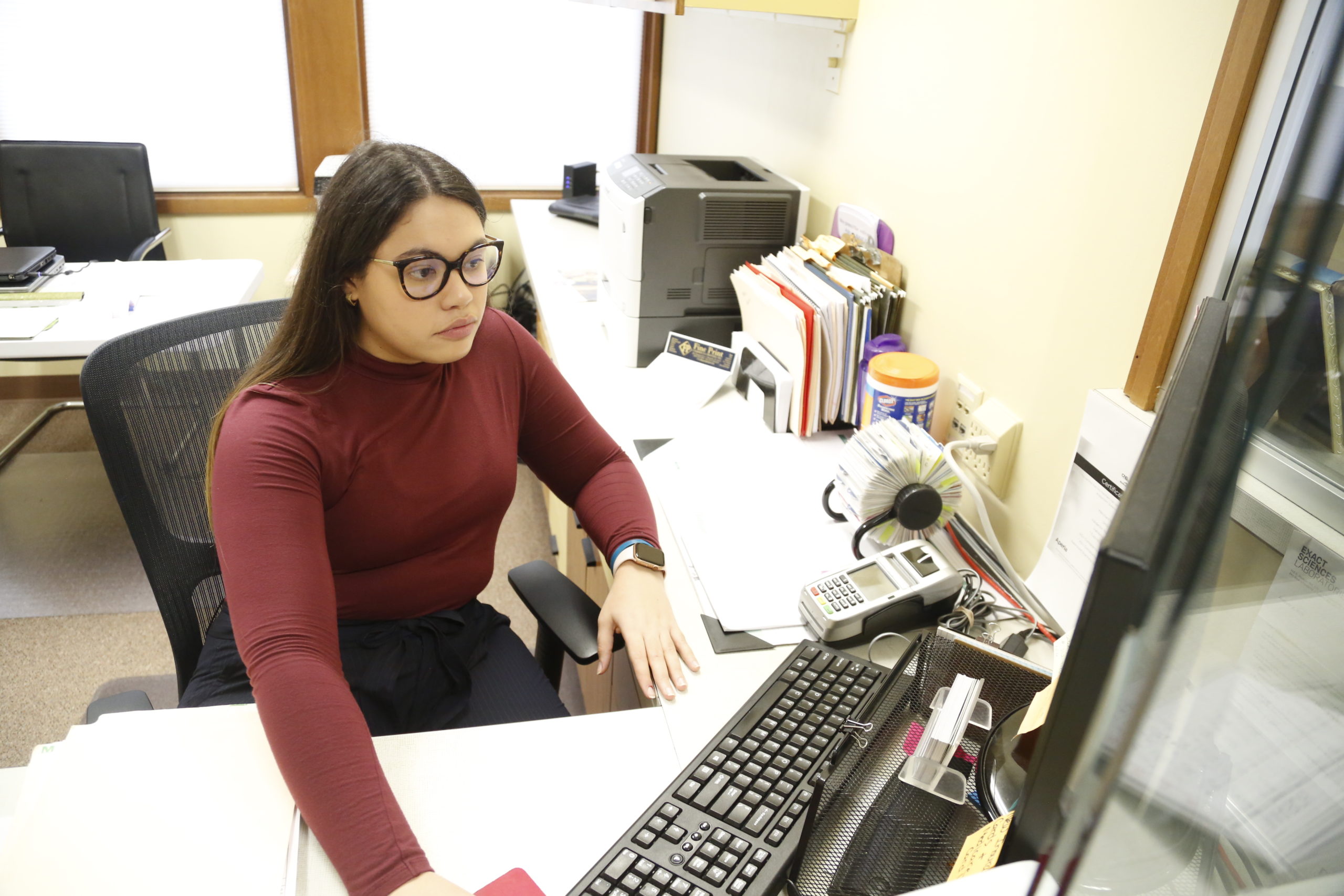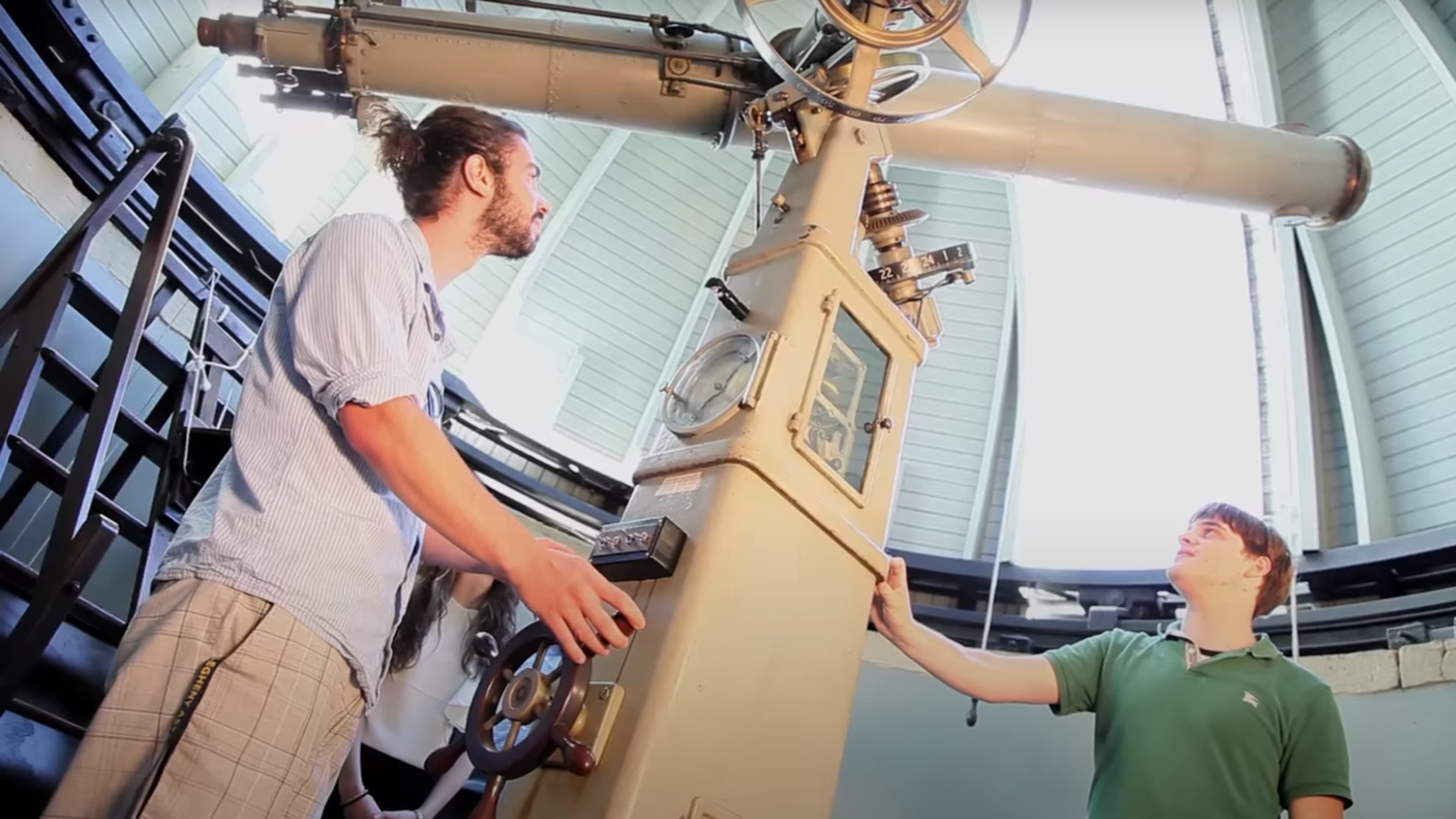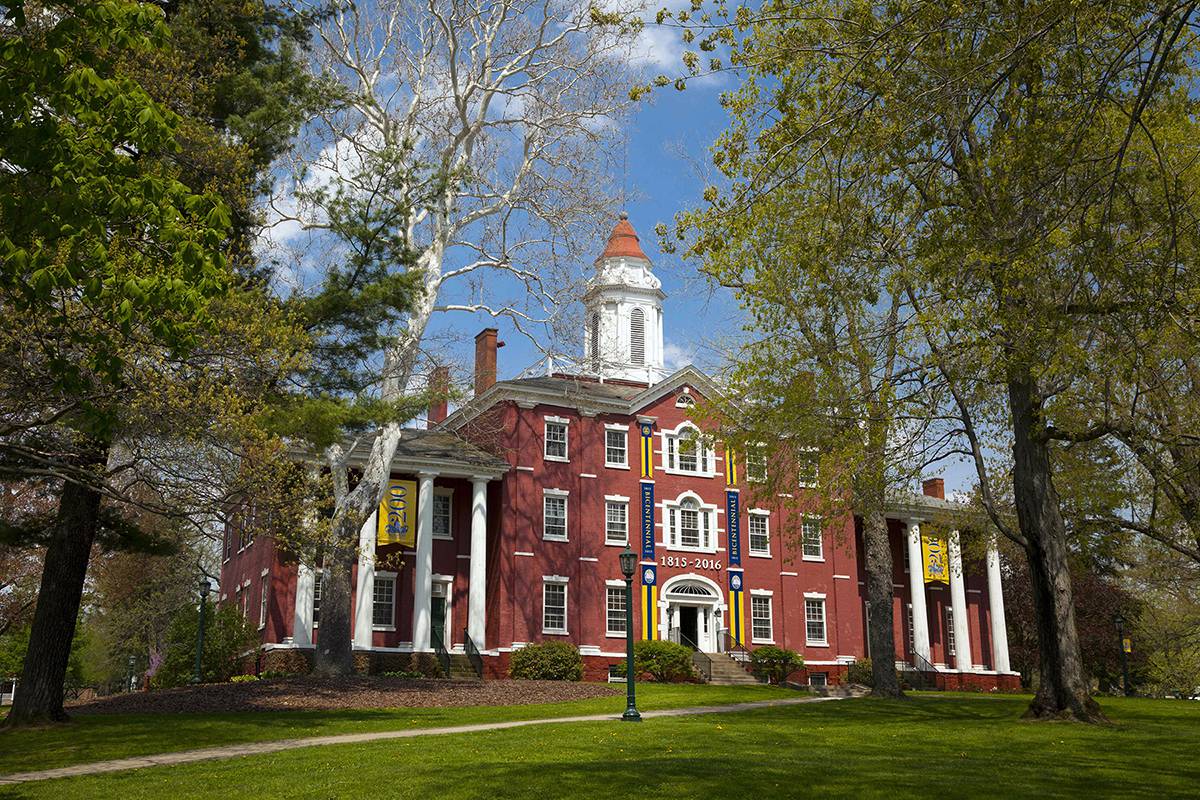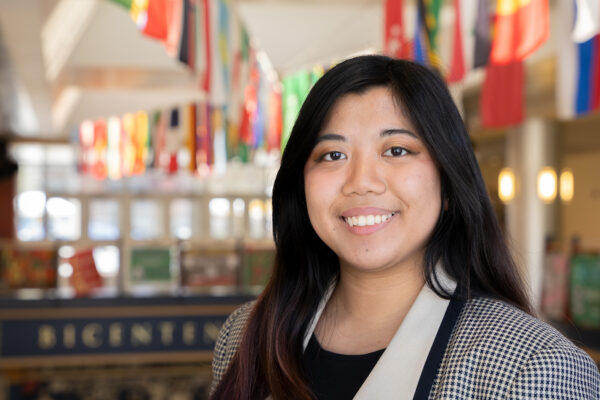Mathematics and Natural Sciences
Biology Major and Minor
Study the astonishing variety, and complexity, of living things on Earth. As an Allegheny biology student, you'll prepare for your future by applying scientific methods learned in the classroom to research in the lab and the field.
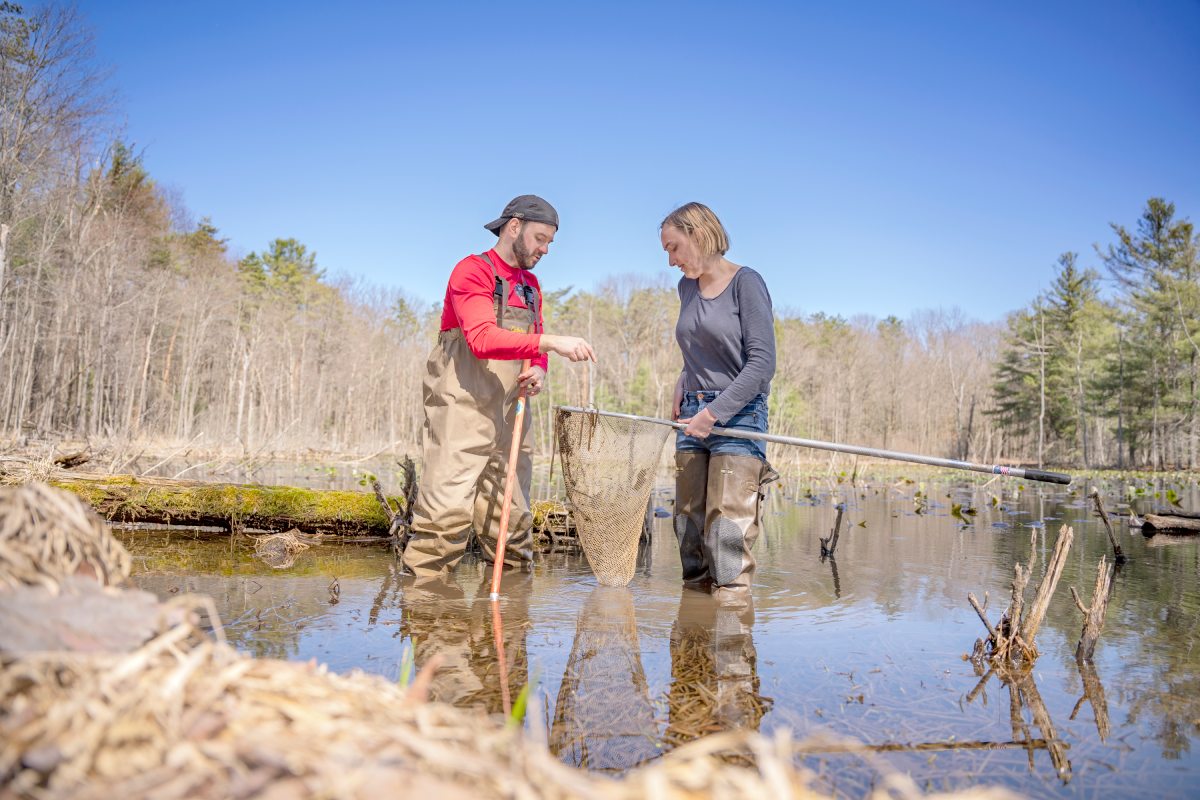
An Inside Look
See how our Biology faculty mentor and empower students to become leaders in the health professions, research, education, sustainability, and other fields.
Your Four-Year Journey
Students often combine a Biology major with a minor in Art, Business, Education Studies, English, Environmental Science & Sustainability, Global Health Studies, Neuroscience, or Psychology.
Your first year begins with a solid foundation in chemistry and other related fields, as well as the first introductory course in biology, organismal physiology, and ecology.
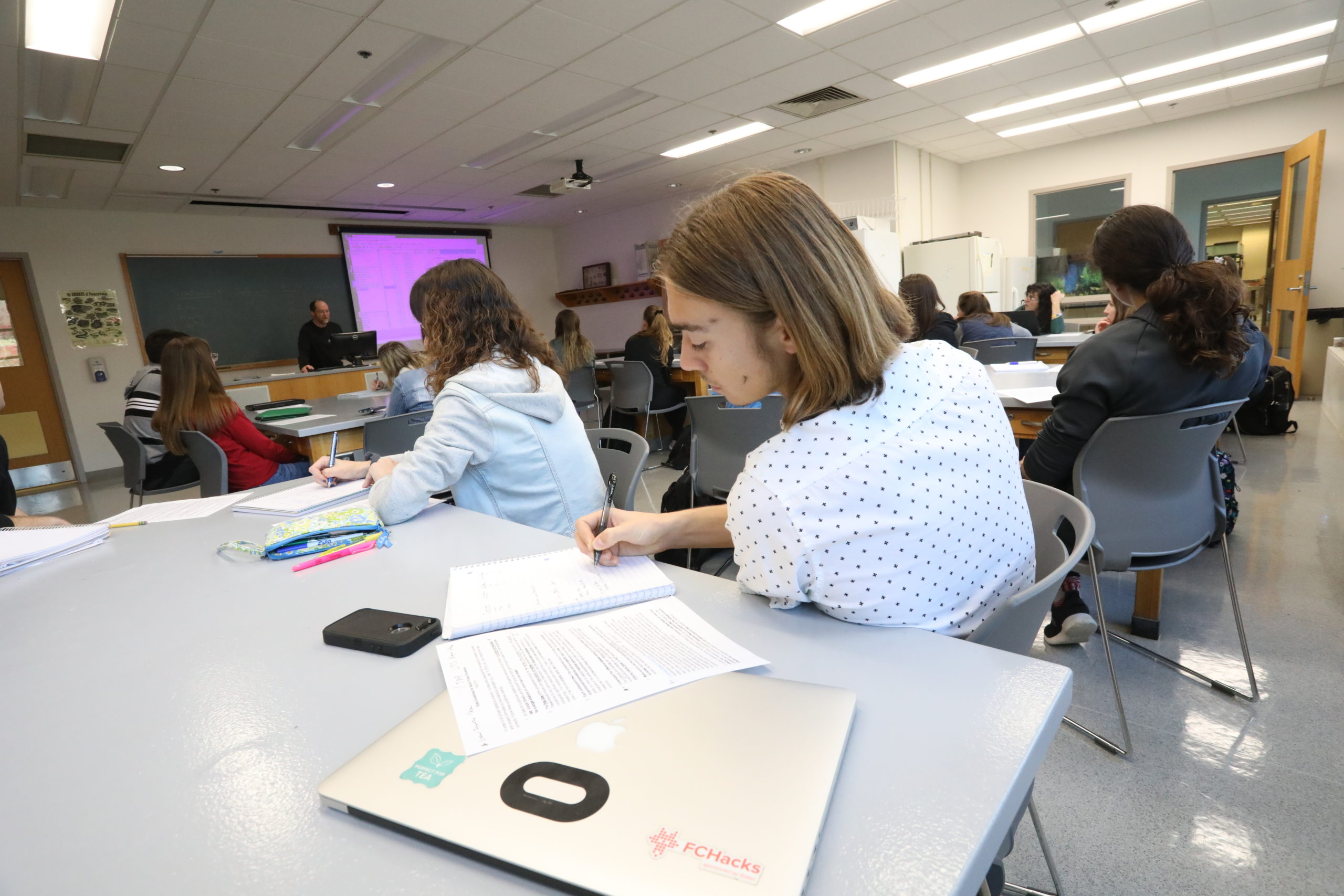
In your second year, you'll take the remainder of your introductory biology courses, as well as begin to explore the central role of genetics in modern biology. You’ll have the opportunity to get out of the classroom during Investigative Approaches in Biology, a course with an emphasis on independent and cooperative laboratory/field work and on writing and speaking in the sciences.
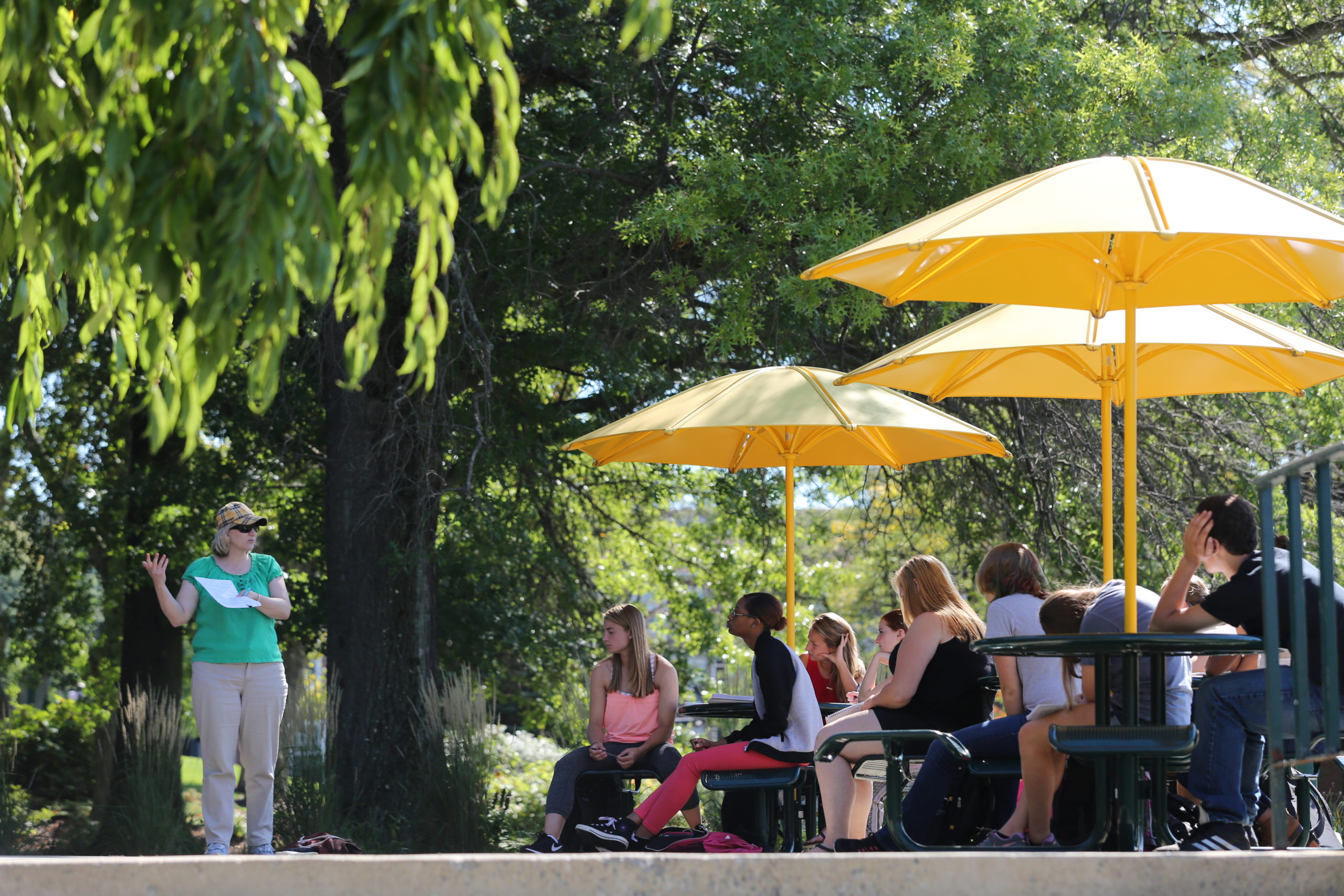
Your third year is when you will take your Junior Seminar and begin taking advanced courses in specialty areas of biology such as cellular and molecular biology, organismal biology and physiology, and population biology and ecology. You also may be taking courses in related sciences this year.
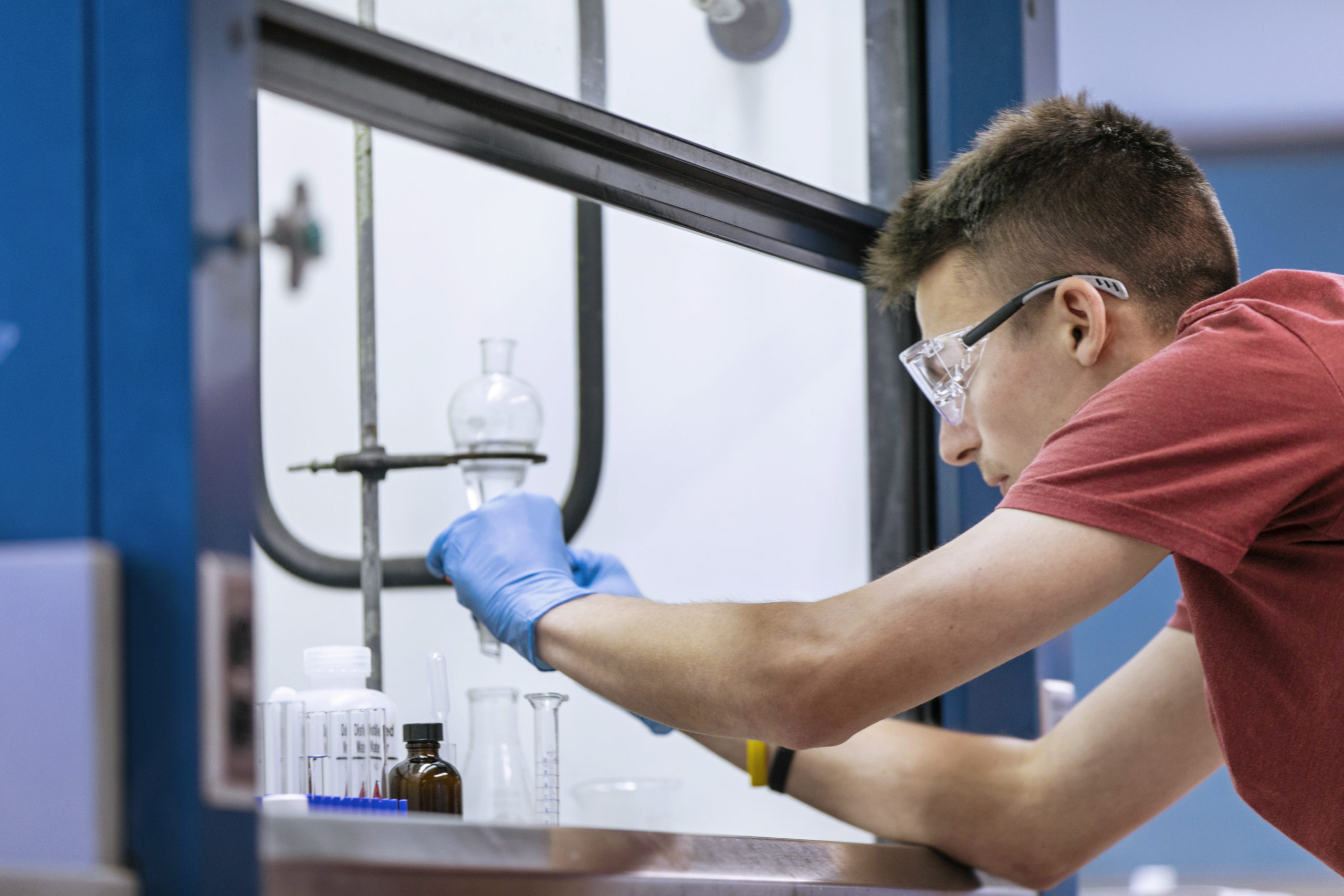
It’s your final year — time to select a research topic you care about and an advisor to guide you throughout your Senior Comp. You’ll also finish taking your advancing biology and related courses before you graduate.
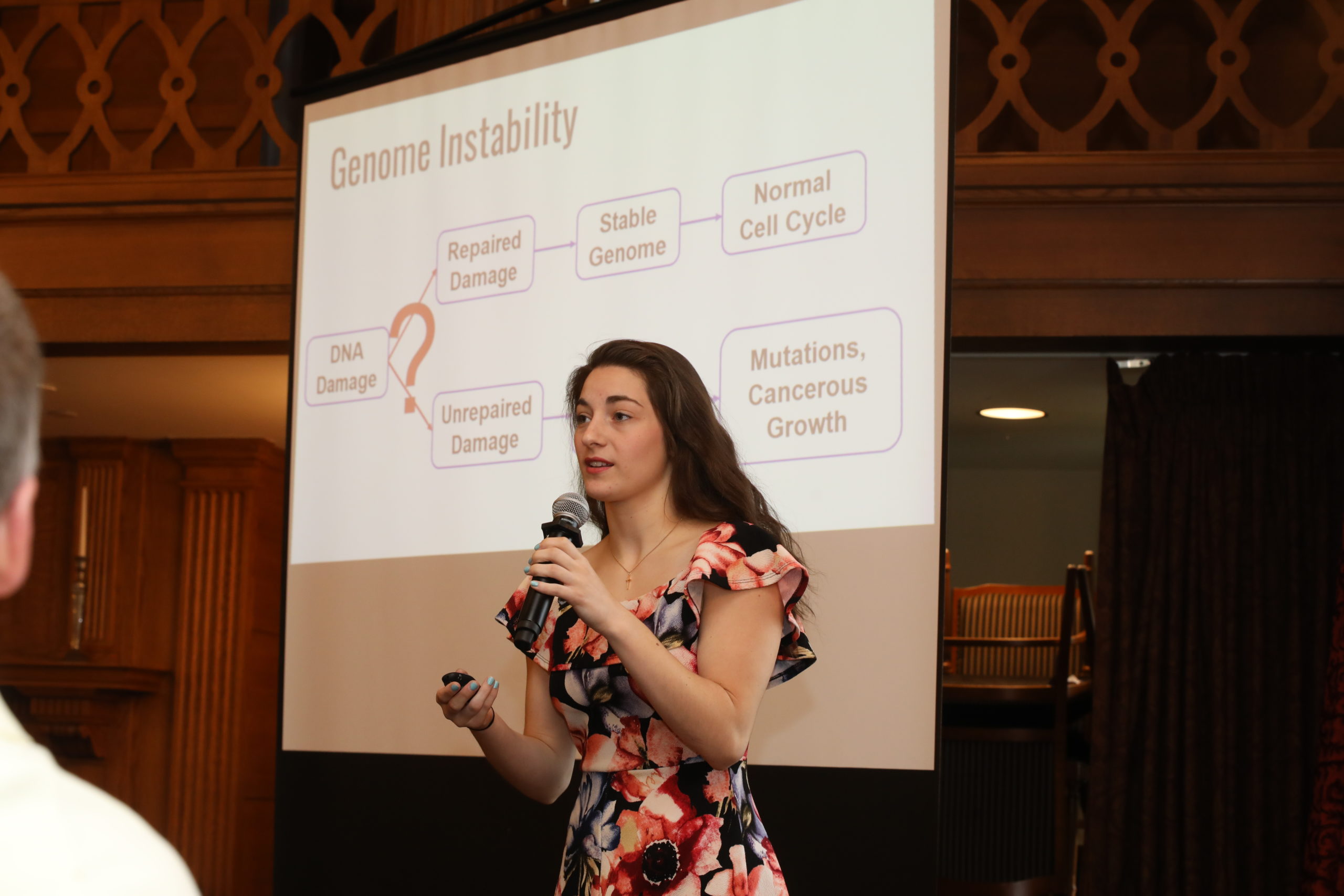
Career Outcomes
90
Acceptance rate for Biology majors to graduate and professional school (including medicine, dentistry, neuroscience, molecular and cell biology, and ecology)
70
Of Biology majors attend graduate or professional school, either directly after graduation or later in their career.
Alumni Careers — A Sampling
Class of 1999, Biology & Spanish double major; Acting Director of the Office of Educational Technology, Smithsonian Institution
“ The faculty was incredible … a group of thoughtful and supportive people who cared very deeply about teaching and student development. I saw that the unknown path was not something to be scared of and actually might lead to something very interesting. ”
